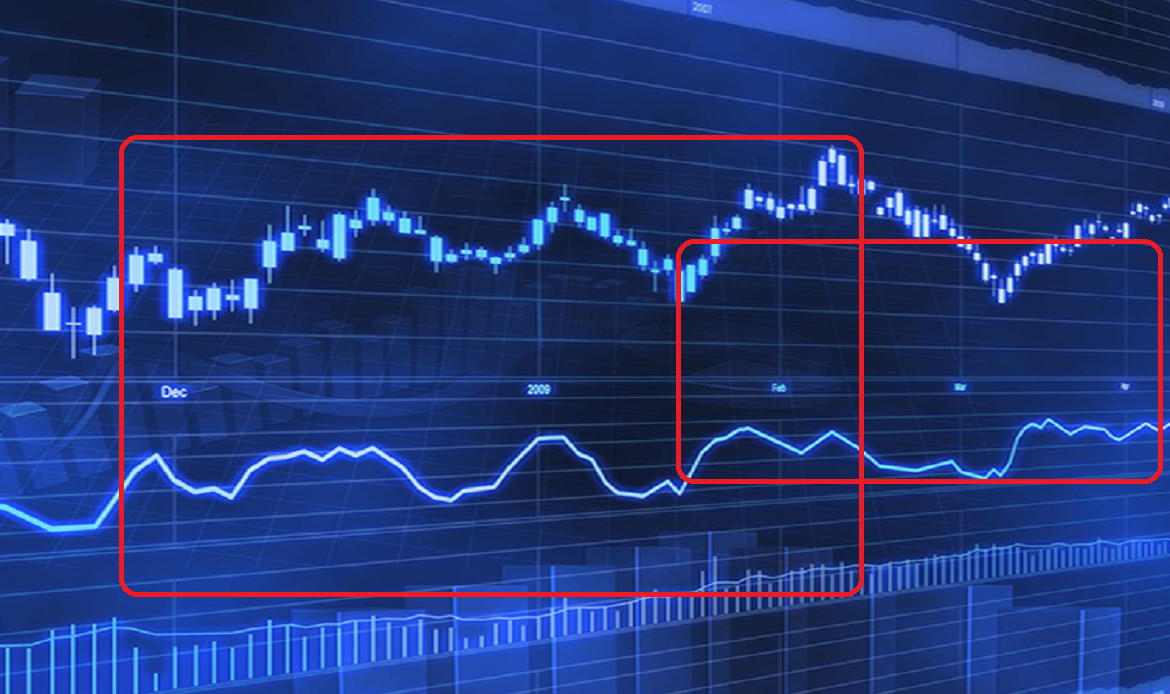A risk premium (RP) that relates to a specific time horizon at the end of which an asset or instrument (a note, a bond, etc.) reaches maturity or expires. It reflects the a premium corresponding to the difference in yields or returns between short-term and long-term instruments. For example, comparing cash assets with treasury securities (treasuries), cash would be exposed to two types of risk: inflation risk and and impact of real interest rate, while treasuries would involve, in addition to these two types, and additional one: horizon risk premium. The latter reflects the time horizon for treasuries’ maturity dates, as the amounts invested, though similar to cash, cannot be readily converted into cash, prior to maturity, at the same par value.
This premium is known as horizon premium if it relates to matching the time horizons of investors and issuers, making the yield differential between short-term and long-term instruments a matching premium rather than necessarily a premium for risk taking.






